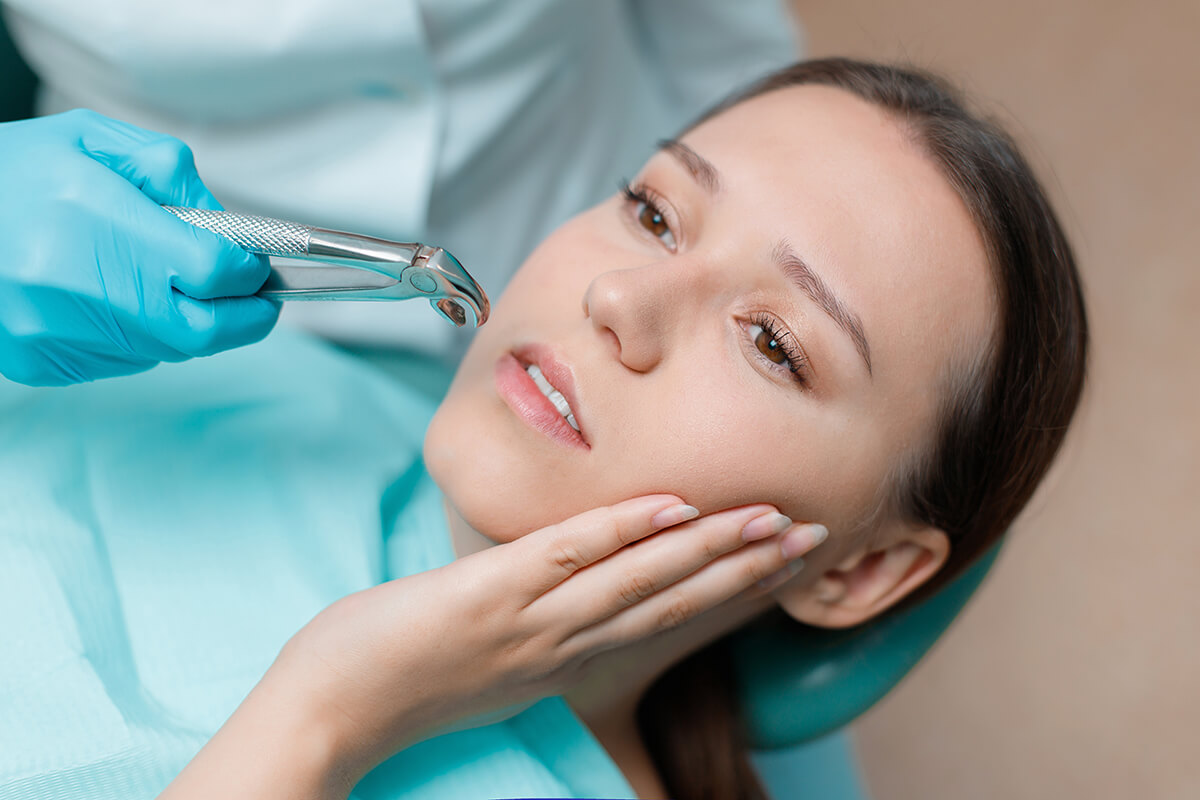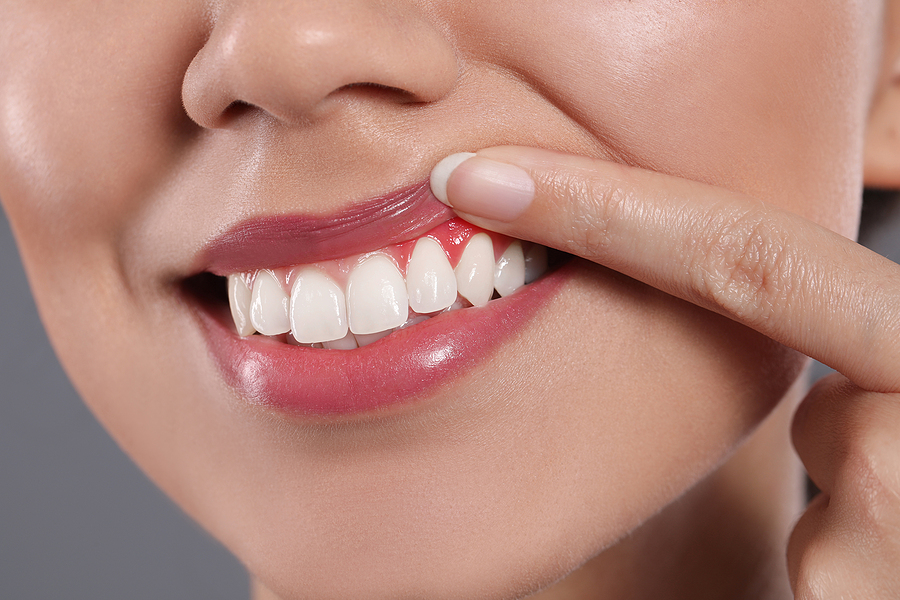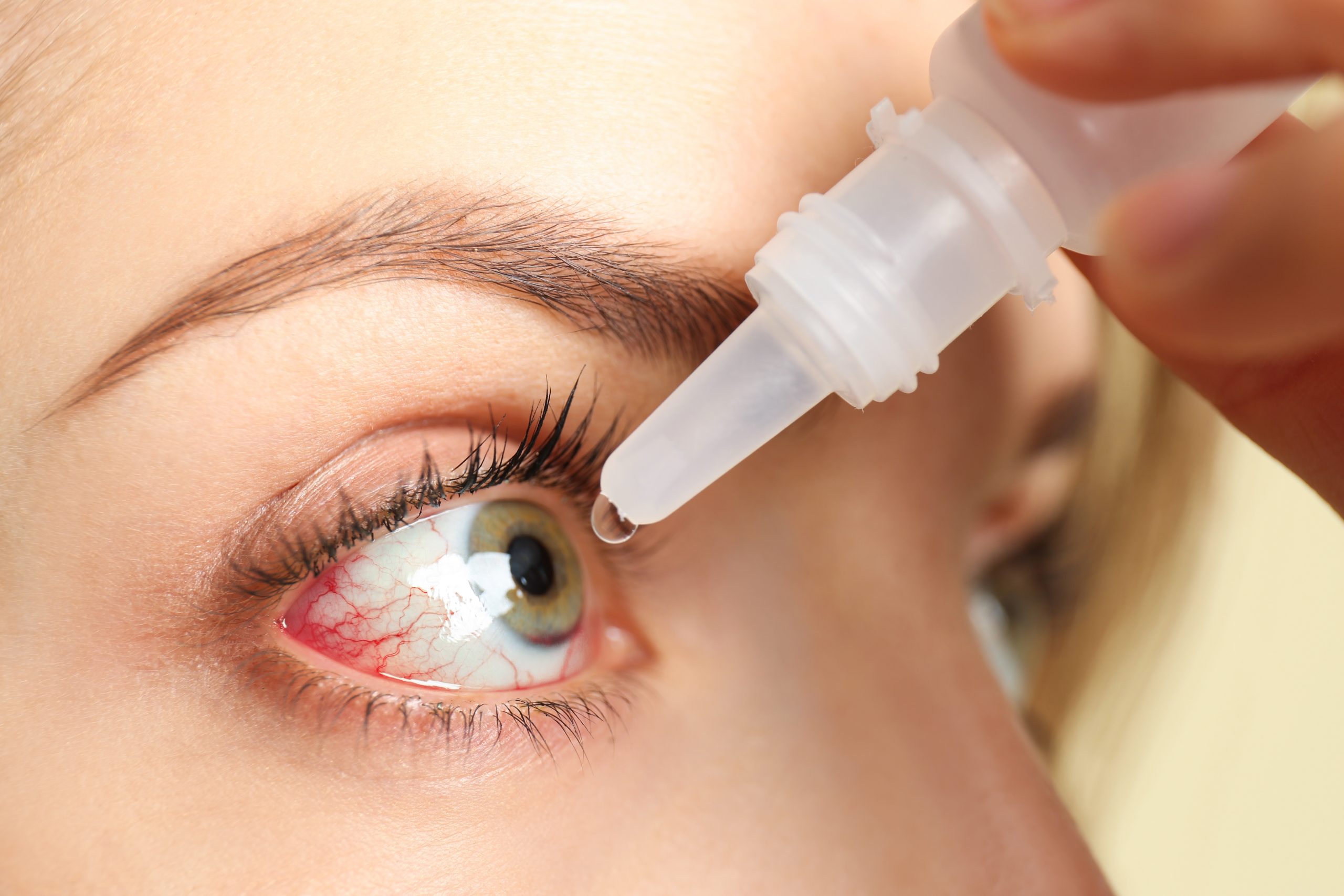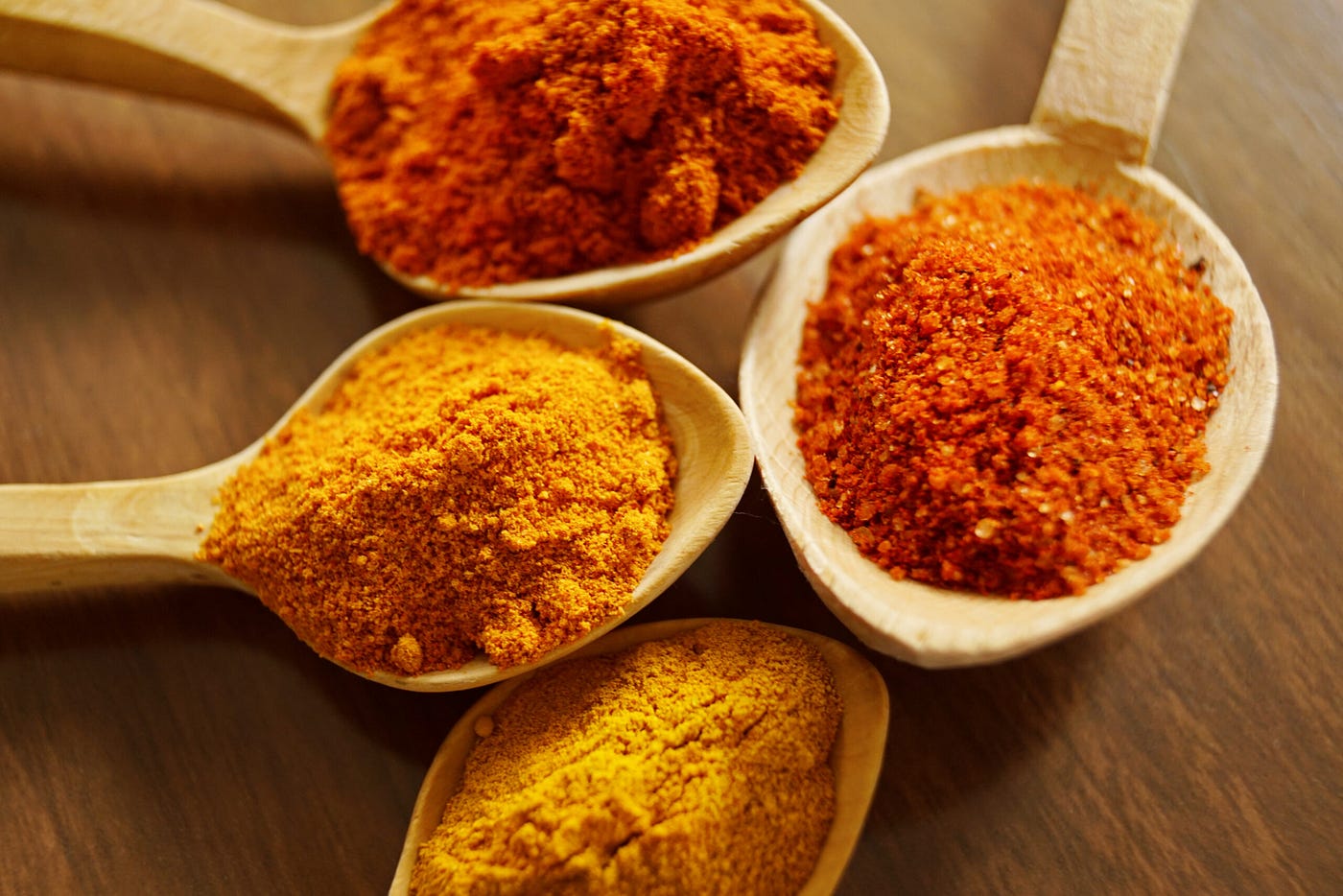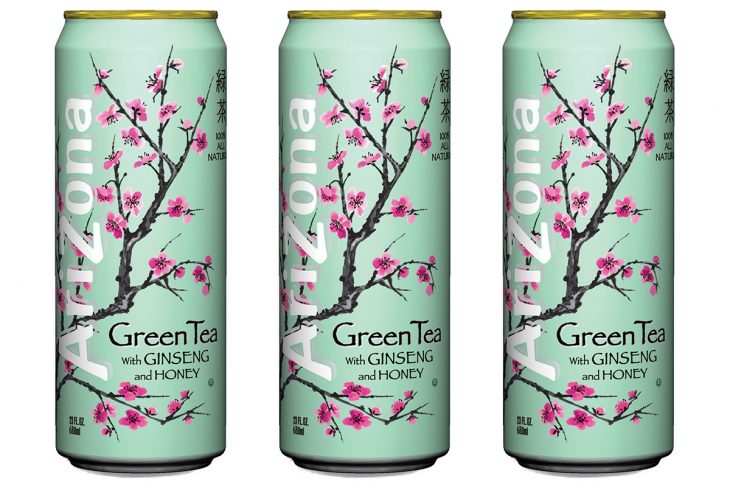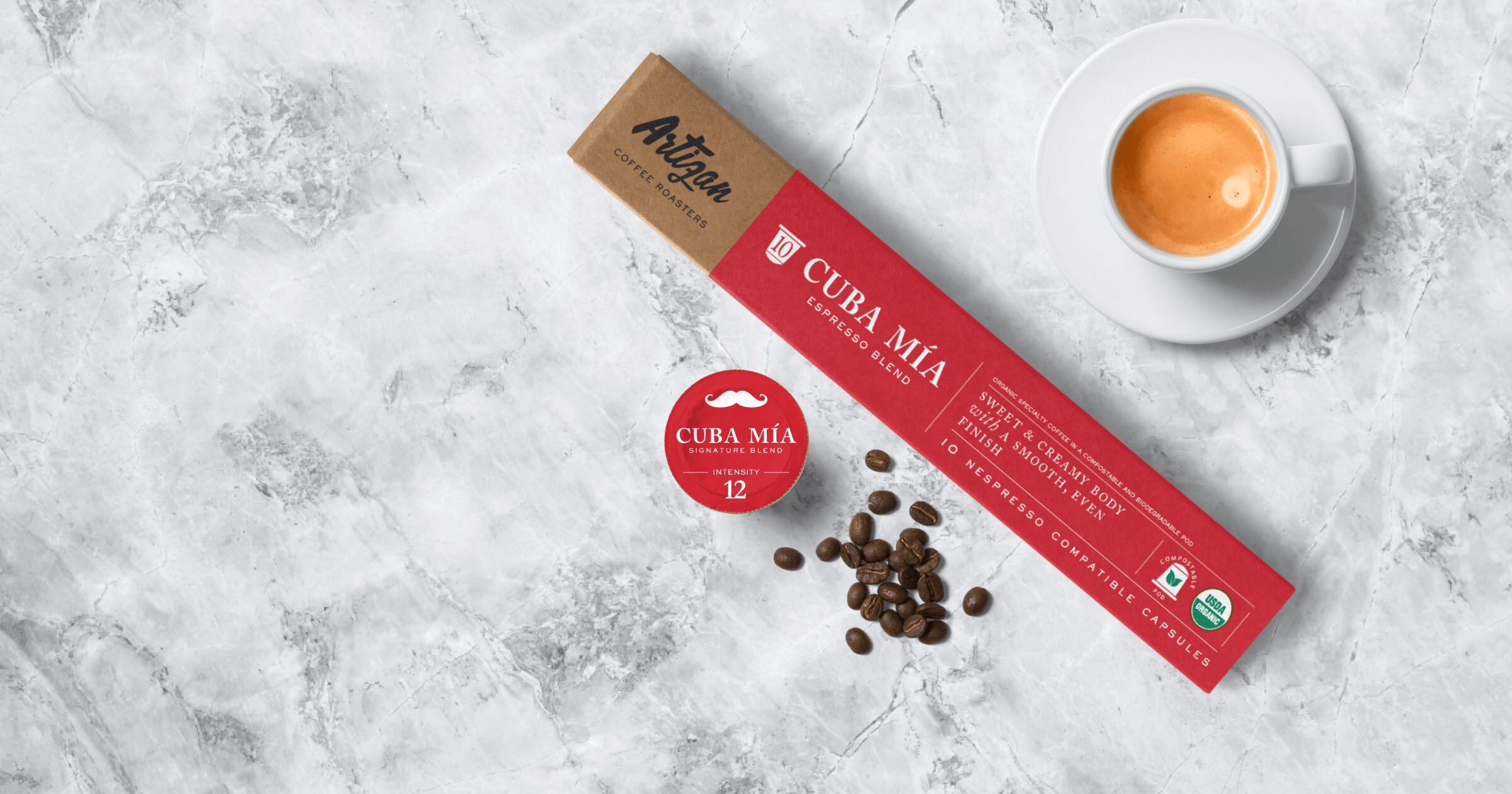Why Exercise Needs Vary Between Individuals
Do you ever feel like you’re in a fitness maze, trying to crack the code for your ideal workout routine? Picture this: You’re committed to your workouts, following the latest trendy routines, or mimicking your friend’s exercise regimen that has seemingly transformed their physique. But oddly enough, your results aren’t quite what you expected. Sound … Read more

